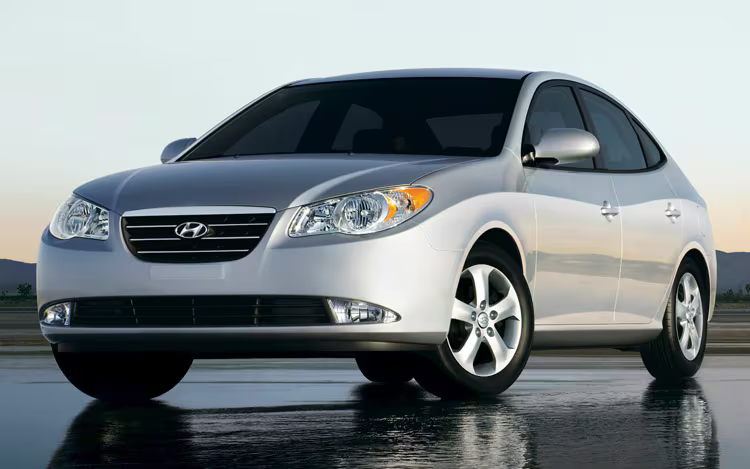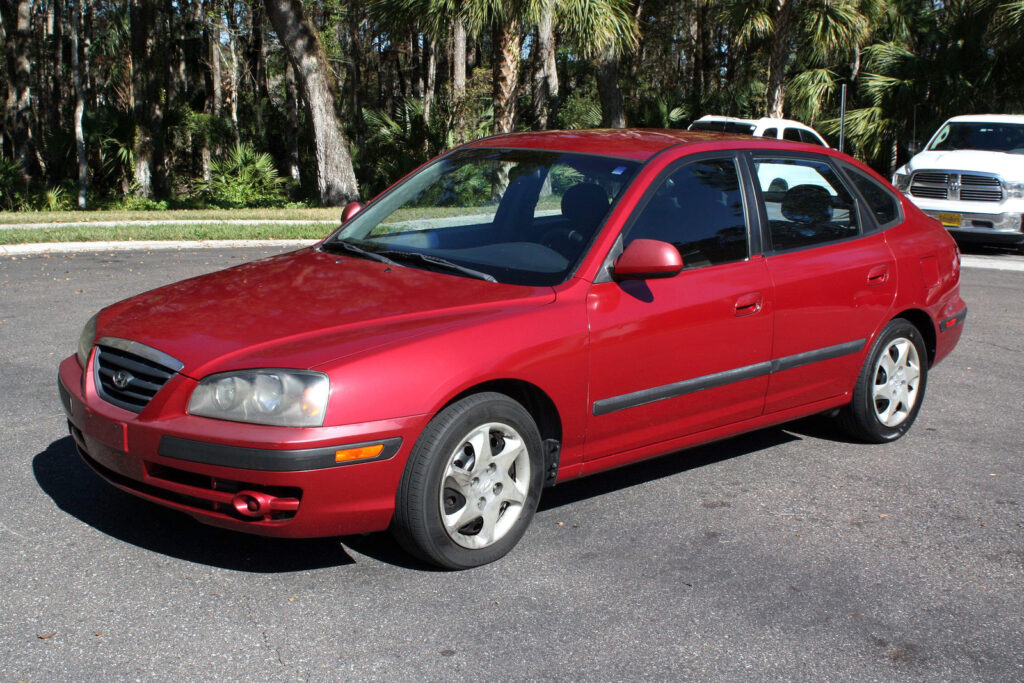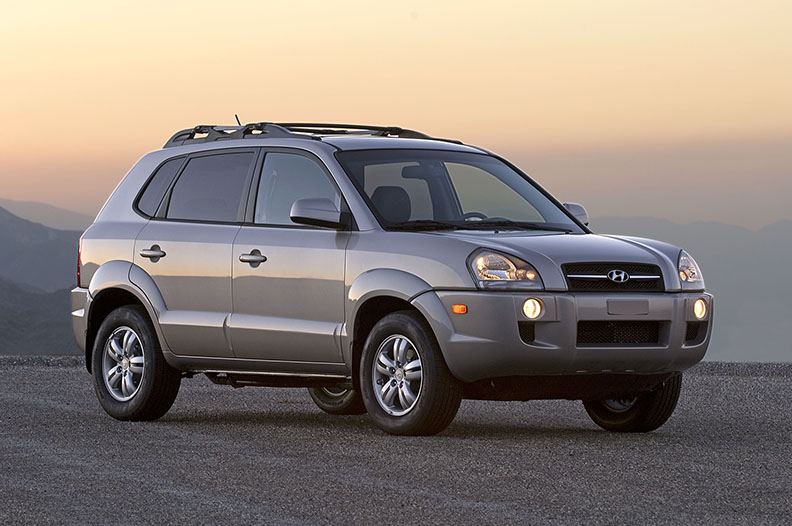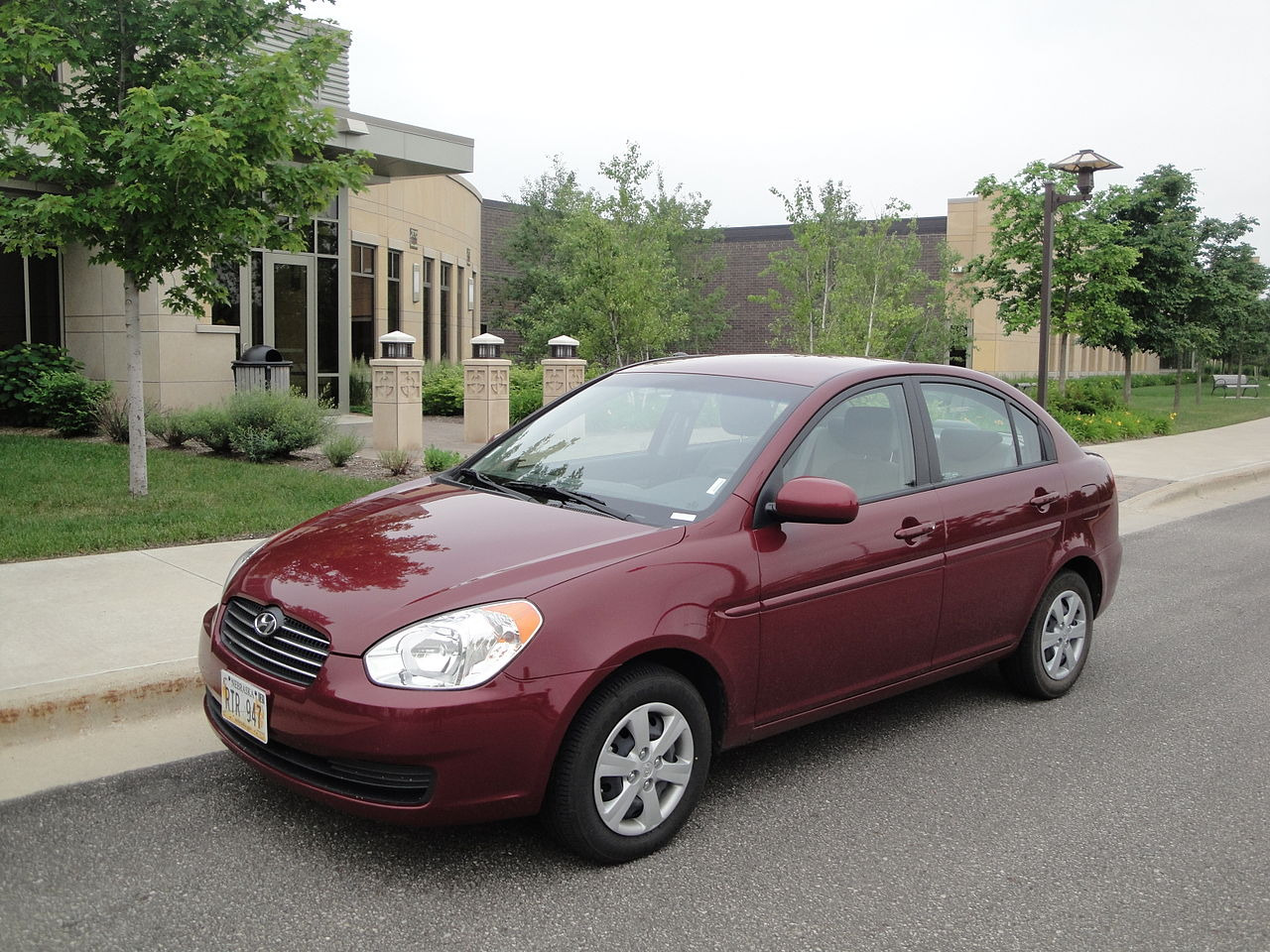You can always count on Hyundai to produce stylish, dependable cars that won’t break your budget. However, owning a Hyundai also means paying for maintenance and repairs, especially as your car ages.
Fortunately, Hyundai drivers often experience significantly lower average repair costs than other automakers. This is thanks in part to the company’s excellent prepaid maintenance plan and factory warranties, but you can also help save on your Hyundai maintenance by buying an extended warranty.
Brake Pads
Brake pads and brake shoes apply pressure to the calipers of your vehicle to slow it down or stop it from moving. They are important safety components in your car, and they must be replaced periodically if you want to keep your vehicle safe.
A common sign that your brake pads need replacement is a squeaking, grinding or squealing sound when you press the brake pedal. These sounds are caused by friction between the pad and the rotor.
You may also notice your steering wheel shaking or wobbling. This is caused by a difference in the friction between your brake pad and an uneven rotor.
Your hyundai auto mechanic near me can help you determine whether it’s time for new brake pads or rotors. Depending on your driving habits and how frequently you use your brakes, you might need to have them checked about every six months or 7,500 miles.

Frame Straightening
If your Hyundai has been in a serious collision, frame straightening may be required. This auto body repair process corrects damaged areas in the frame of your vehicle, making it safer for driving.
Almost every modern car, minivan, and crossover uses a unibody frame. These frames are designed to absorb the impact of a crash, saving lives.
However, even though they’re designed to absorb shock, they can still get bent or broken. If your Hyundai has a bent frame after an accident, it’s best to get it repaired by an experienced technician.
Auto body shops use computerized frame straightening tools to re-align the vehicle’s frame correctly. These systems utilize a frame rack with towers and hydraulic pump systems to slowly increase the tension on chains that pull the bent sections of your vehicle’s frame back into alignment.

Paintless Dent Removal
If your car has dents, it may be time to consider paintless dent repair (PDR). This process is a highly skilled process that can restore your vehicle’s original paint without damaging the body.
This procedure relies on “metal memory” to push the indented metal back to its original shape while preserving factory paint. After gaining access to the affected area, the technician uses specialized tools to gently massage the metal to the original position.
Many minor dents can be repaired with this method. These include dents caused by collisions or sporting accidents, such as a baseball or soccer ball that lands on your fender and leaves a dent.

Auto Body Repair
Body repairs require technical knowledge and skills to fix damaged cars, restoring them back to factory specifications. Repairs can also involve fixing complex mechanical components that make a vehicle run.
Some auto mechanics specialize in working on a specific type of car, such as SUVs or trucks. Others may have extensive experience with a variety of vehicles.
In addition to their skills, a great body shop should offer quality customer service and warranties on their work. This is especially important if you are filing an insurance claim.
Hyundai Certified Collision Mechanics have the necessary training to properly repair your vehicle to manufacturer standards. They take part in on-going training and certification courses to keep them up to date with the latest Hyundai requirements.
K & E Auto Collision is recognized by Hyundai as an Authorized Hyundai Certified Collision Center through the Assured Performance Program and are authorized to perform repairs to all Hyundai models. Their trained technicians are up to date on all Hyundai requirements and can restore your Hyundai vehicle to its original specs for a perfect repair every time!

